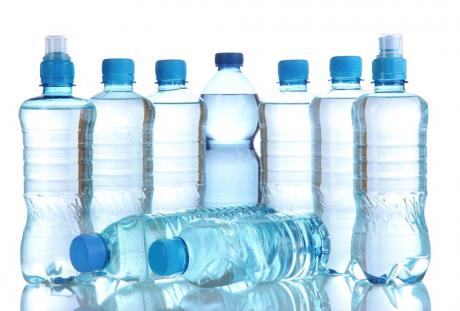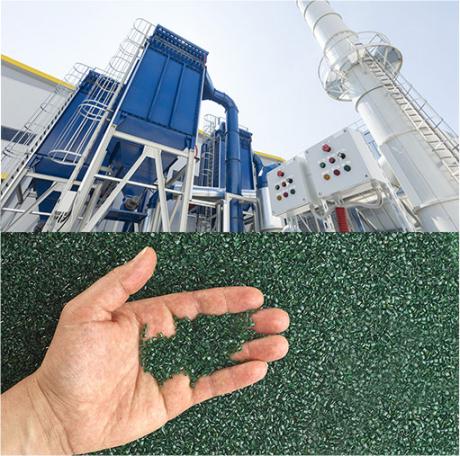Kaust, a Saudi Arabian university and research centre, has decided to work closely with two Chinese companies, Shandong Lianxin Environmental Protection Technology and Hangzhou Hecai Technology, to produce green plastics for biomedical products and food packaging from high-molecular-mass aliphatic polycarbonates that favour certain aspects that have become essential for the environment, such as high biodegradability, low toxicity and excellent biocompatibility.
Ibn Al-Aytham Emeritus Professor of Chemistry Yves Gnanou, Dr Xiaoshuang Feng and their research team at Kaust have developed an innovative method to produce aliphatic polycarbonates using CO2, which has a smaller environmental footprint, and raw materials from sustainable sources, without the use of metals typically used in plastics production, which will be commercialised within the next two years.
Feng explained that the polycarbonates studied by Kaust provide an excellent barrier against oxygen and moisture, making them the "perfect" plastic for packaging that needs to be protected from oxidation.
Professor Gnanou said:
This is the first case where a comprehensive plan for the industrialisation of high molecular weight aliphatic polycarbonates has been formulated through a joint development agreement. I started thinking about biodegradable plastics several years ago and I am delighted to have developed a material that can be completely converted into water and CO2 by enzymatic degradation at the end of its life cycle. Our product will have no impact on the environment.
In the first phase, Hangzhou Hecai Technology will provide the facilities to scale up polycarbonate synthesis to 10 kg using the Kaust protocol, while in the next phase, Shandong Lianxin Environmental Protection Technology will use its industrial capabilities to pilot produce high molecular weight aliphatic polycarbonates with the aim of achieving 1 tonne production prior to large-scale industrialisation.








